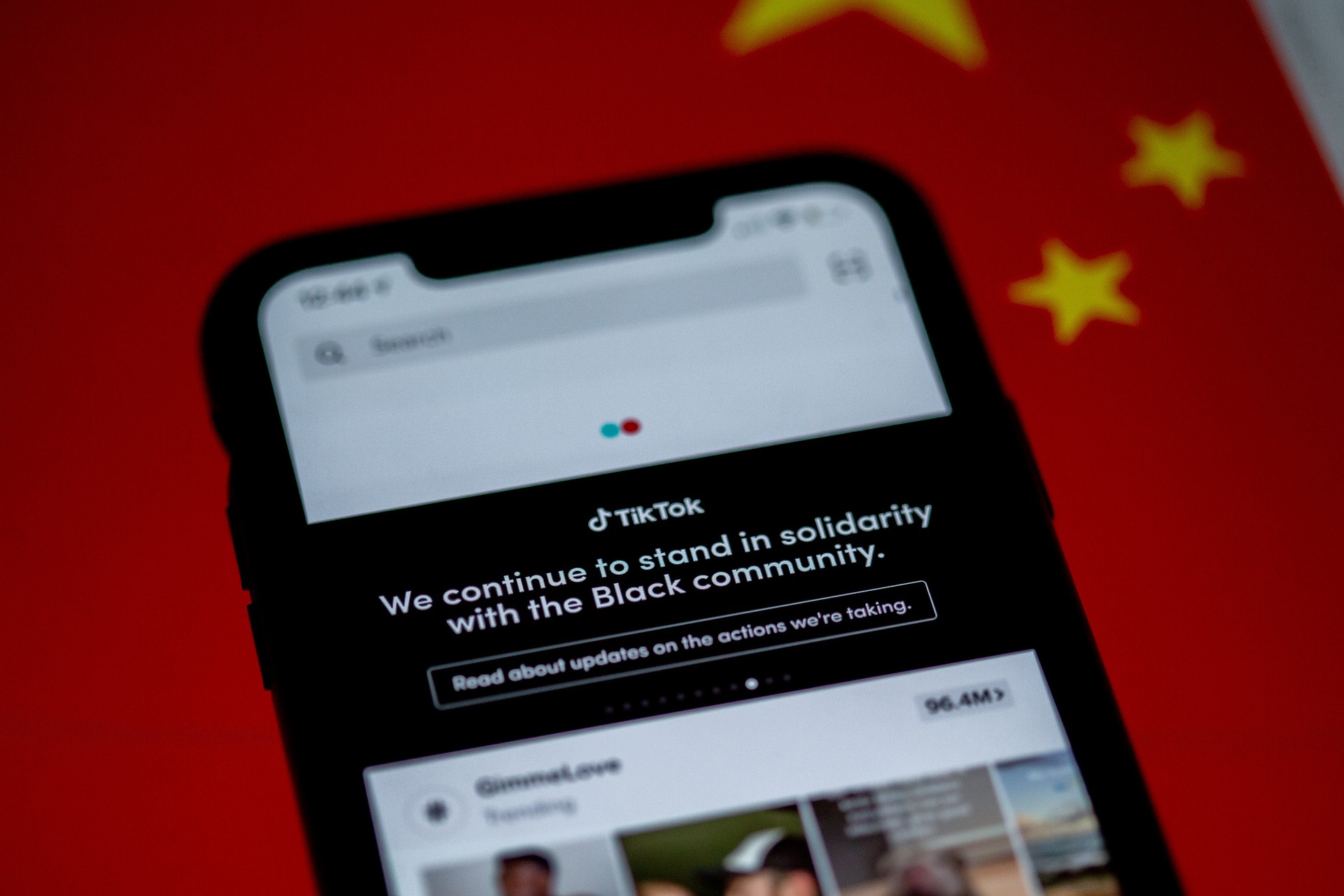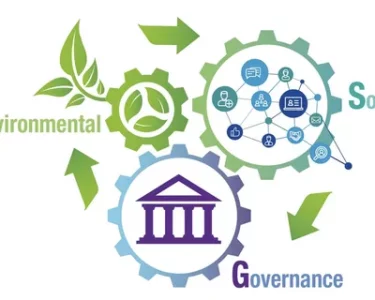In recent times, the idea of banning short selling has gained traction among regulators and policymakers looking to stabilize financial markets. However, while this proposal may appear appealing at first glance, a closer examination reveals that such a ban would do more harm than good. Banning short selling would undermine market efficiency, hinder price discovery, and impede the essential role of short sellers in maintaining market integrity.
Short selling is a legitimate investment strategy that allows investors to profit from declining prices of stocks or other financial assets. By borrowing shares and selling them in the hope of buying them back at a lower price, short sellers contribute to the overall liquidity and efficiency of the market. They serve as a counterbalance to excessive optimism and help prevent bubbles from inflating beyond reason.
Critics argue that short selling exacerbates market downturns and creates additional volatility. While it is true that short selling can add temporary downward pressure on prices, it also helps to identify overvalued assets and correct market imbalances. By betting against a company’s prospects, short sellers act as a valuable check on corporate malfeasance and accounting irregularities, thereby promoting transparency and investor protection.
Furthermore, banning short selling would undermine price discovery, which is vital for efficient markets. Short sellers bring additional information to the market by conducting in-depth research on companies, identifying weaknesses, and questioning prevailing narratives. By eliminating short selling, we would lose a valuable mechanism for uncovering fundamental flaws in a company’s operations, potentially allowing market inefficiencies to persist undetected.
The argument for banning short selling is often fueled by misconceptions and a failure to understand its purpose. Short sellers are not inherently evil or solely motivated by profit. They play a crucial role in highlighting risks and holding companies accountable. Prohibiting short selling would only hamper this critical function, leaving investors more exposed to hidden risks and diminishing the overall integrity of our financial markets.
It is also worth considering the unintended consequences of such a ban. Investors who wish to express bearish views on certain assets would find their options limited, potentially driving them towards riskier or less transparent strategies. Additionally, the absence of short selling could lead to greater volatility during market downturns, as there would be fewer mechanisms to offset excessive optimism or correct mispricings.
Instead of imposing a blanket ban on short selling, policymakers should focus on enhancing market regulations and transparency. Strengthening disclosure requirements, improving oversight, and imposing stricter penalties for market manipulation would be more effective in addressing concerns about market stability and investor confidence.
In conclusion, banning short selling is a misguided approach that fails to appreciate the valuable role it plays in our financial markets. Short sellers serve as a vital source of information, promote transparency, and help maintain market integrity. Rather than stifling this essential mechanism, policymakers should seek to enhance regulatory frameworks and improve market oversight to ensure the smooth functioning of our financial system.




